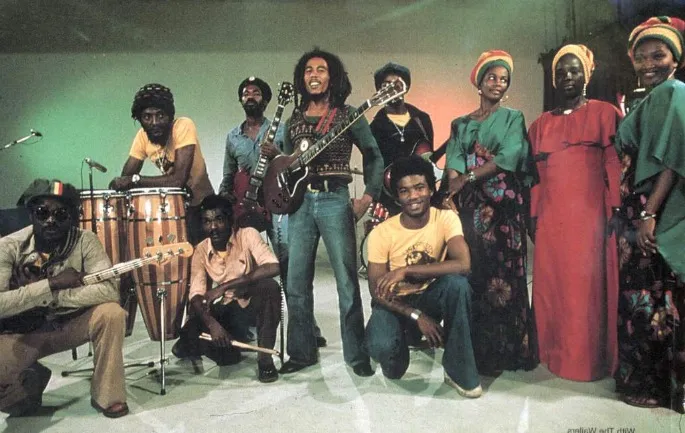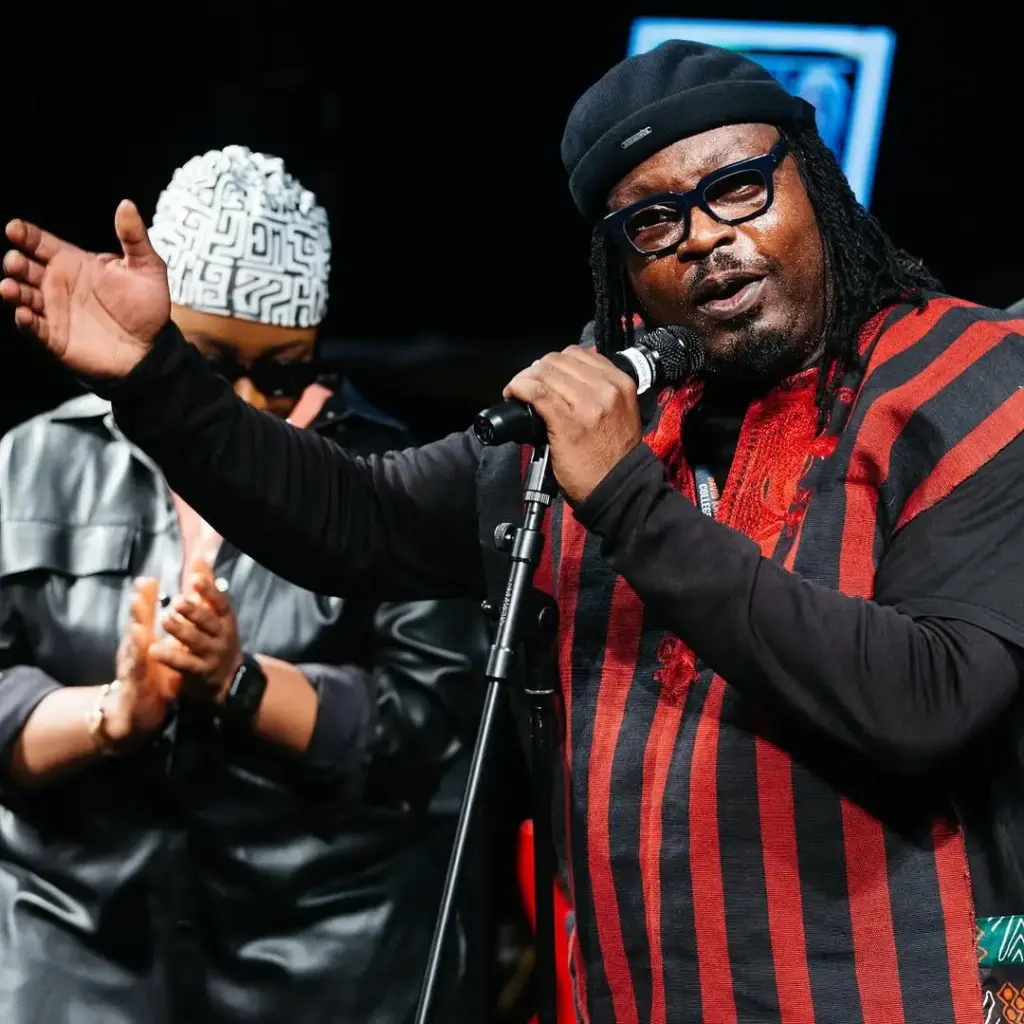Bob Marley: The Legacy of a Reggae Pioneer
Written by MAX FM on October 28, 2024
Robert Nesta Marley born on February 6, 1945, in Nine Mile, Jamaica, is celebrated as one of the most influential musicians in history. Known for popularizing reggae music, Marley promoted messages of love, peace, and social justice. His upbringing, shaped by socio-economic challenges and the absence of his father, influenced his identity and musical themes.
In 1963, Marley formed The Wailers with Bunny Wailer and Peter Tosh. Their collaboration with producer Lee “Scratch” Perry resulted in the album Catch a Fire in 1973. This album marked Marley’s international breakthrough. Subsequent albums like Rastaman Vibration (1976) and Exodus (1977) solidified his status as a global superstar. Hits like No Woman, No Cry and One Love became classics.
Marley’s music often addressed social and political issues. He emphasized themes of poverty and oppression, influenced by his Rastafarian beliefs. Songs like Get Up, Stand Up and Buffalo Soldier advocate for justice.
In contrast, songs like Is This Love and Three Little Birds deliver messages of hope. However, during the early 1970s, Marley faced increasing political unrest in Jamaica. This unrest was particularly evident during the violent conflict between rival political factions. Consequently, this tumultuous environment, along with threats to his safety, compelled him to leave Jamaica temporarily.
In 1976, after surviving an assassination attempt, Marley sought refuge in the United States. There, he continued to build his music career. Eventually, he returned to Jamaica; nevertheless, he remained deeply affected by the ongoing political strife in his homeland.

Moreover, beyond music, Marley is a cultural icon who helped spread Rastafarian culture worldwide. The Bob Marley Foundation not only promotes social justice but also ensures that his legacy remains impactful. Despite his passing on May 11, 1981, at the age of 36 due to complications from melanoma, his messages continue to inspire countless people around the globe.
He has received numerous posthumous honours, including induction into the Rock and Roll Hall of Fame and a Grammy Lifetime Achievement Award.
Each year, Marley’s birthday is celebrated on February 6, with events and tributes that honour his life and contributions to music and culture.
Marley’s family also plays a crucial role in his legacy. He married Rita Anderson in 1966, and together, they had several children, many of whom pursued music careers. Notable children include Ziggy Marley, a Grammy-winning musician, and Stephen Marley, known for his genre-blending work.
The Marley family regularly celebrates Bob’s life and contributions, embodying his values of unity and justice. Bob Marley’s legacy transcends generations, inspiring movements for social change and continuing to resonate with people around the world.










 LIVE STREAM
LIVE STREAM